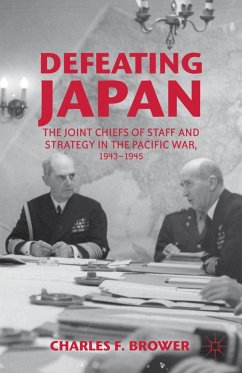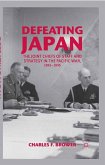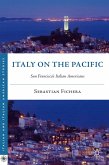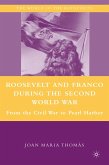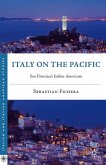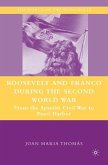This book argues that American strategists in the Joint Chiefs of Staff were keenly aware of the inseparability of political and military aspects of strategy in the fight against Japan in World War II. They understood that war not only has political sources, it also has political purposes that establish the war's objectives and help to define the nature of the peace to follow. They understood that policy was the 'guiding intelligence' for war, in Clausewitzian terms, and that to attempt to approach strategic problems was nonsensical.
'This major reassessment properly identifies, analyzes, and emphasizes the importance of political considerations and goals in determining U.S. strategy in the war against Japan. It provides a useful corrective to the popular but erroneous belief that U.S. strategy during World War II was based on 'purely military' factors.' - Mark A. Stoler, author of Allies and Adversaries: The Joint Chiefs of Staff, the Grand Alliance, and U.S. Strategy in World War II and George C. Marshall: Soldier-Statesman of the American Century
'This is a lovely book: lean, elegant, crisp - by far the best narrative of American military diplomacy and strategy in the Pacific War. Its singular strengths include a careful analysis of the role of domestic - i.e., 'public' - opinion on the Administration's and Joint Chiefs' judgments on naval and military strategies for the prosecution of the Pacific campaigns.' - Josiah Bunting, HF Guggenheim Foundatio
'This is a lovely book: lean, elegant, crisp - by far the best narrative of American military diplomacy and strategy in the Pacific War. Its singular strengths include a careful analysis of the role of domestic - i.e., 'public' - opinion on the Administration's and Joint Chiefs' judgments on naval and military strategies for the prosecution of the Pacific campaigns.' - Josiah Bunting, HF Guggenheim Foundatio

